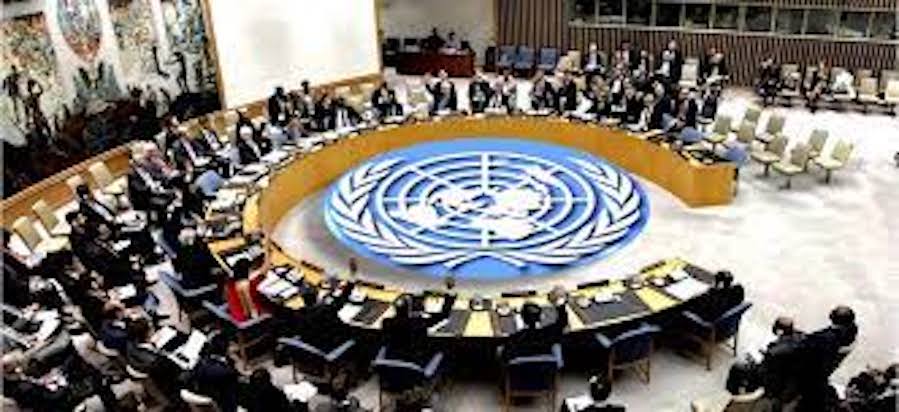Sri Lanka once again abstained from voting on a resolution against Russia at the UN General Assembly, despite appeals made last week to back the new document.
The UN General Assembly called for ending the war in Ukraine and demanded Russia’s immediate withdrawal from the country, in line with the UN Charter.
At its resumed eleventh emergency special session yesterday (Thursday), the world body adopted a new resolution calling for an end to the war, only hours before the conflict enters its second year on Friday.
The results were 141 Member States in favour and seven against – Belarus, the Democratic People’s Republic of Korea, Eritrea, Mali, Nicaragua, Russia and Syria. Among the 32 abstentions were Sri Lanka, China, India and Pakistan.
Sri Lanka has so far abstained from voting on successive resolutions presented against Russia’s invasion of Ukraine.
Last week Germany appealed to Sri Lanka to support the new resolution on Russia.
By the terms of the new 11-paragraph resolution, the Assembly reiterated its demand that Russia “immediately, completely and unconditionally withdraw all of its military forces from the territory of Ukraine and called for a cessation of hostilities”.
The Assembly, through the resolution, urged Member States to cooperate in the spirit of solidarity to address the global impacts of the war on food security, energy, finance, the environment and nuclear security and safety. Underscoring that arrangements for a lasting peace should consider these factors, the Assembly also called upon all nations to support the Secretary-General in his efforts to address these impacts.
The resumed session had met on Wednesday to begin debating the resolution, with the General Assembly President, Csaba Kőrösi, saying that for a full year, the 193-member Assembly, the Secretary-General, and the international community “have been consistent and vocal in our calls to end this war, and to adhere to the UN Charter and international law”.
The Assembly also reaffirmed its commitment to the sovereignty, independence, unity, and territorial integrity of Ukraine within its internationally recognized borders, extending to its territorial waters.
The resolution also emphasized the need to ensure accountability for the most serious crimes under international law committed in Ukraine through independent national or international investigations and prosecutions to ensure justice for all victims and the prevention of future crimes.
The world body on Thursday also rejected two amendments proposed by Belarus. The first proposal would have altered several of the resolution’s provisions, and the second would have had the Assembly call on Member States to, among other things, refrain from sending weapons to the zone of conflict.
At the outset of the resumed session on Wednesday, the Assembly President said that in this “new chapter of history”, the world is facing “stark choices about who we are as an international community. These choices will either set us on a path of solidarity and collective resolve to uphold the tenets of the UN Charter,” he said, “or a path of aggression, war, normalized violations of international law and collapsed global action.”
Days after the 24 February 2022 invasion, UN Security Council members had voted to allow the General Assembly to convene the eleventh emergency special session after Russia had vetoed a resolution that would have condemned the invasion of Ukraine.
In line with resolution 377A(V), adopted in 1950, the Assembly is able to take up international peace and security matters when the Council fails to do.


